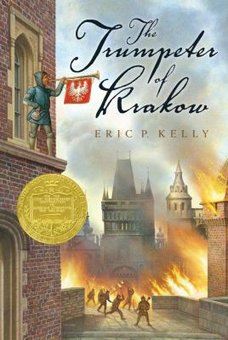

The trumpeter, however, was shot in the throat by an arrow and did not complete the anthem, and this is the legendary reason as to why performances end abruptly before completion. A sentry on a tower of St Mary's Church sounded the alarm by playing the Hejnał, and the city gates were closed before the Tatars could ambush the city. Hejnał played "for the King", towards the south.Īccording to a popular 20th-century legend, during a Mongol invasion of Poland (the invasion usually cited is that of 1241), Mongol troops led by General Subutai approached Kraków.

Mary's Church tower were also used to warn of fires and other dangers. In historic times, trumpet calls on the St. 16th-century sources mention other trumpeters on other towers, and it is possible that the “interrupted” anthem was originally meant to allow a second trumpeter at a gate to signal the completion of the opening or closing of the gate. Mary's Trumpet Call is currently sounded correspond roughly to the four main Kraków gates before 3 out of 4 of the gates were demolished in the 19th century. Trumpet calls were used in many European cities to signal the opening and closing of city gates at dawn and dusk. in Poland 1370–82) or his daughter Jadwiga, Queen of Poland (r. These two facts fit well with a putative origin under King Louis I "the Hungarian" (r.

The word hejnał comes from hajnal, the Hungarian word for " dawn". The earliest written mention of it appears in civic pay records of 1392. The real origin and author of the hejnał are unknown. The noon performance is broadcast via radio to all of Poland and the world. It is played every hour on the hour, four times in succession in each of the four cardinal directions, by a trumpeter on the highest tower of the city's Saint Mary's Basilica.

Mary's Trumpet Call ( Polish: Hejnał mariacki Polish pronunciation:, derived from the Hungarian expression Szűz Mária hajnala meaning " Saint Mary's dawn") is a traditional, five-note Polish bugle call closely bound to the history and traditions of Kraków. Problems playing this file? See media help.


 0 kommentar(er)
0 kommentar(er)
